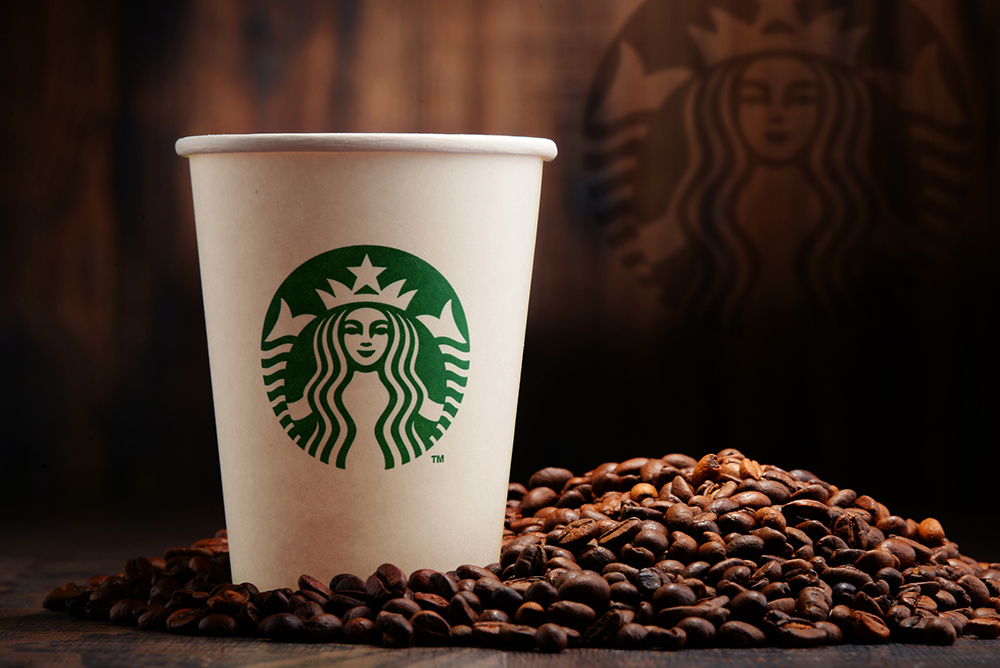The boiling dispute over the unionization of baristas is heading to the U.S. Supreme Court (SCOTUS). Section 10(j) of the National Labor Relations Act (NLRA) authorizes federal courts to issue preliminary court orders against employers that are allegedly violating federal labor law. This allows the National Labor Relations Board (NLRB) to seek such extraordinary relief at the outset of a case before the employer can defend itself during the Board’s lengthy administrative process. On January 12, 2024, SCOTUS agreed to clarify what criteria federal courts should use when the NLRB files a court order against an employer.
Background
In January 2022, without authorization and in violation of company policy, employees at a Starbucks location in Memphis invited a news crew into the store after closing time for an interview to express their support for a union. The next day, Starbucks fired seven employees who were involved, and those employees then filed unfair labor practice charges with the NLRB.
The NLRB asked a federal judge to order Starbucks to reinstate the employees. The court did so, sending the baristas back to their daily grind. The order was upheld by the U.S. 6th Circuit Court of Appeals.
Starbucks’ Appeal
Starbucks then appealed to SCOTUS, arguing the case presented the perfect blend to resolve a conflict among the circuit courts on a legal question—specifically, what criteria a federal district court should use in deciding whether to issue a Section 10(j) court order.
Section 10(j) itself empowers courts to grant court orders “as it deems just and proper.” Some courts apply traditional criteria, treating preliminary court orders as an extraordinary remedy to be granted rarely. Others, such as the 6th Circuit in the Starbucks case, apply a much less rigorous test that requires only a reasonable cause to believe the employer violated labor law.
Bottom Line
The Supreme Court’s eventual decision will have significant ramifications for the NLRB. The NLRB’s general counsel recently promised to bring the “weight of a federal district court’s order” down on employers more often. Last year, in Sullivan v. HSA Cleaning Inc., the U.S. Court for the District of New Jersey issued a similar court order directing an employer to hire back two fired unionized workers, applying the lenient reasonable cause that was applied in Starbucks.
The NLRB may be cruisin’ for a brew-sin’ at SCOTUS. While the NLRB under President Joe Biden takes a broad view of the NLRA’s protections, the high court is likely to have a more limited view of when Section 10(j) court orders are appropriate. The Court’s decision is expected by June 2024.
If you have any questions or need additional information on the impact this case may have on your unionized workforce, please contact Patrick W. McGovern at pmcgovern@genovaburns.com or Christopher Manley at cmanley@genovaburns.com in Genova Burns LLC’s labor law practice.

